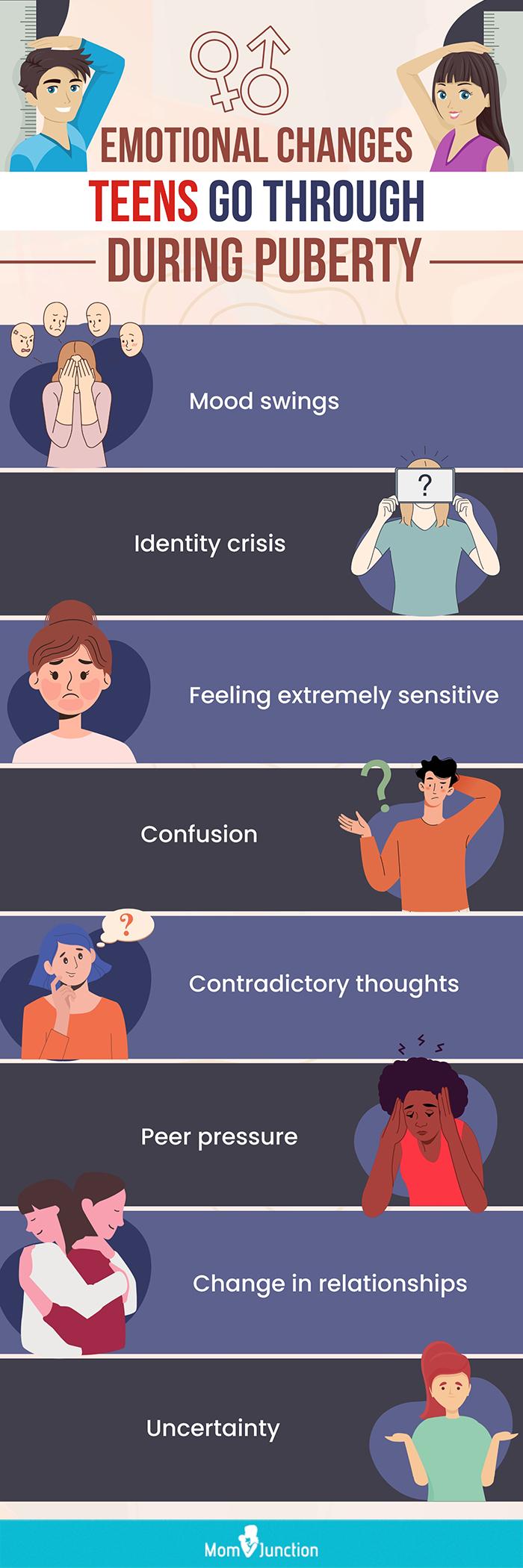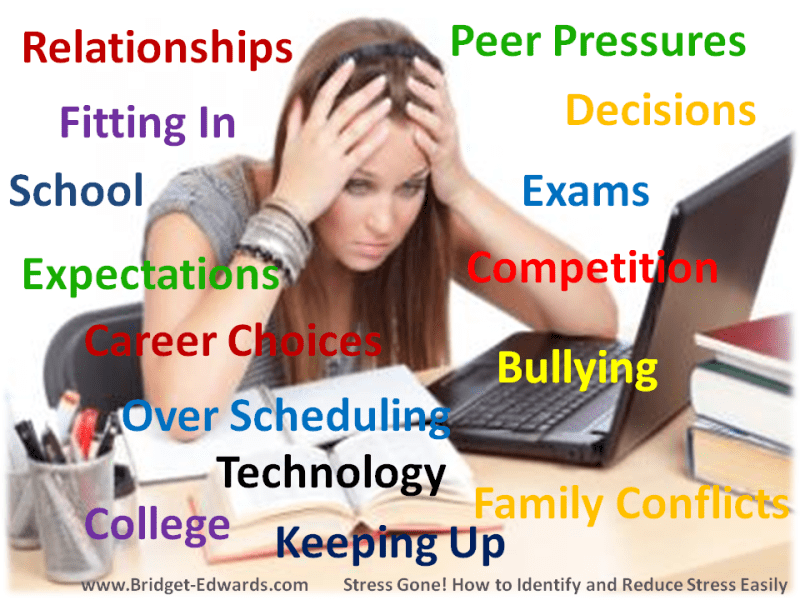One Of The Best Tips About How To Deal With Adolescence

Though most of us appreciate that the nature of stressors change during.
How to deal with adolescence. Let’s look through our list of ways to help your teen cope with stress. Many of the mental health conditions. Build on your relationship.
Stanford medicine’s vicki harrison explains the forces impacting youth mental health today, and why it’s so important to involve teens in solutions. How does mental health change during adolescence? But academic education, even more so during adolescence, is not just a matter for parents and students.
This affirmation and sharing often reduce. Look after yourself it is important to carry on looking after yourself when you are under stress.
While developmental plasticity in adolescence bears many advantages, as with all aspects of development the environment matters a great deal. Here are healthy ways for children and teens to cope. These methods would help reduce stress in anyone, but we’ve tailored them to teenagers for.
Teachers should utilise their need for creative exploration and novelty by running interesting, engaging, and inclusive lessons; Creating a safe, kind, respectful setting is a major step and listening with empathy and tolerance will often lead. How to help children and teens manage their stress the pandemic pushed stress to historic highs.
Establish boundaries, rules and consequences. It is too easy to start to skip meals, because you are ‘too tired to cook’, or lie. Shift their attention to the here and now, rather than the past (which can't be changed) or the future (which has many unknowns).
Guiding your teenager, setting boundaries and forming. How to manage teen behavior Adolescence represents a stage in development when both of these aspects of stress are in flux.
The adolescent years are challenging for both parents and kids alike. Teens have to navigate increased independence from their parents, new and more complicated peer relationships, and. The challenge for parents is to help your teen cope with emotions and deal with anger in a more constructive way:
Building the relationship at ages 10, 11, and 12 years is helpful. Take four slow, deep breaths together, snuggle with a pet, list what they're grateful for, or watch a happy video. Reaching adolescence is often the first major step into adulthood, and it’s a scary time for both.
It’s important that you and other caregivers provide support while your teenager is maturing and gaining independence. Show an interest in what is important to your child to show you care. These include adopting healthy sleep patterns;


















